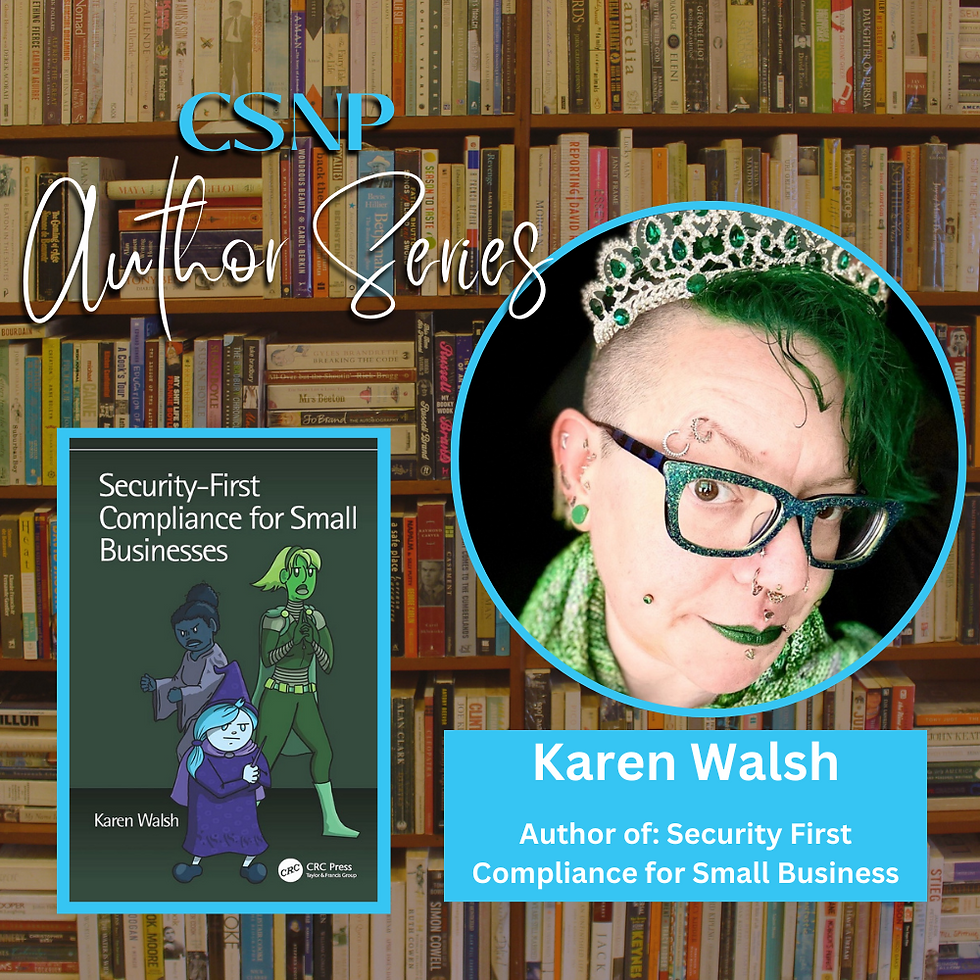Charity Fraud - Don't Send Crooks Your COVID-19 Donations
- Emily Stamm
- Jun 15, 2020
- 3 min read
Author Debra R Richardson

COVID-19 has created a legitimate need for the community to donate their time, resources, and money to those negatively affected by the pandemic. Unfortunately, it also creates a need for resources to validate that the charity you plan to give to is real and not a cybercriminal preying on the generosity of individuals and organizations. Use the free resources below to verify a charity is real before you give.
Charity Fraud Education and Activity Resources
Fraud Advisory Panel – Existing since 1998, is itself a charitable company established in the UK. It is a group of volunteer members, governed by a board of trustees, that work together on a mission to give advice, education, collaboration, and research focusing on those affected by fraud. In 2016, they had their first Charity Fraud Conference and Charity Fraud Awareness Week. In 2018 the Charity Fraud Awareness week went International which is when I found them. See my 2018 blog post Charity Fraud – Verify Before You Give.
Federal Trade Commission: The FTC provides information to educate the consumer as well as businesses on how to avoid falling for phishing and other fraud schemes. They report new scam alerts and since September 11th, the FTC has reported six new scam alerts, including one following the devastation of Hurricane Dorian.
Internal Revenue Service (IRS): Like last year, in collaboration with the Fraud Advisory Panel, the IRS created the Charity Fraud Awareness Hub. It contains help sheets, case studies, and webinars to help prevent, detect and respond to frauds committed against charities. Many of the resources are aimed at helping charitable organizations, however, there is information that is applicable to the givers as well. You will need to register but can still access even after Charity Fraud Awareness Week 2019 has concluded.
Charity Organization Research and Verification Resources
Internal Revenue Service (IRS): The IRS has a tool called the Tax-Exempt Organizations Tool (formerly Select Check). You will need the tax identification number and the legal name. Once searched you will not only confirm whether the contributions that your company is pledging are tax-deductible, but you also confirm that the charitable organization is real. Use in combination with the IRS TIN Match system before you set the vendor up in your Accounting System or ERP.
BBB – Better Business Bureau – The BBB has set up a separate site give.org where you can search your charity. Searching the charitable organization's legal name against the BBB’s database provides a report that covers the activities of the charity including the number of BBB complaints for the year. It also indicates whether the charity is accredited by the BBB.
Charity Navigator – This organization’s purpose is to allow consumers and businesses to give smarter. Search by legal name or tax identification number (EIN) to find their current and historical Financial and Accountability & Transparency ratings as well as their Overall Score & Rating. You can also find their IRS Form 990s.
Charity Watch - An independent charity watchdog, search this site with the legal name and you will see their Charity Watch Grade as well as the amount they spend on programs relative to overhead (89% for example), and the $ amount it costs to raise $100 of contributions. It also rates the charities and provides their total expenses as part of a governance and transparency section, in addition to providing salaries, analyst notes and articles, and alerts.
Check Your State – Most states require charitable organizations to register with each state in order to ask for donations. The site lists the contact information for the attorney general for each state. Click your state and follow the instructions to determine whether the charitable organization is registered with the state.
About the author: Debra R Richardson has over 20 years of experience working with Fortune 500 companies in various Finance Operations positions and now works with Accounts Payable Teams to prevent fraud.




Comments